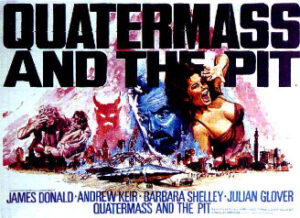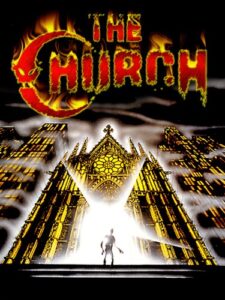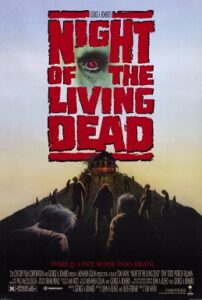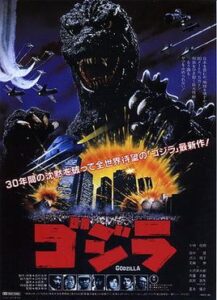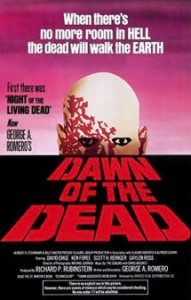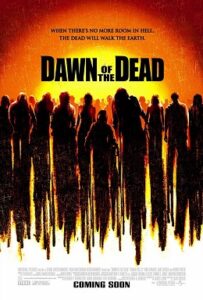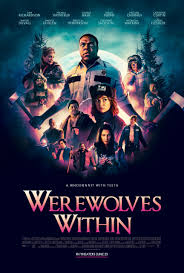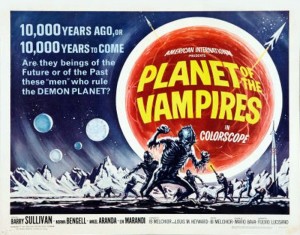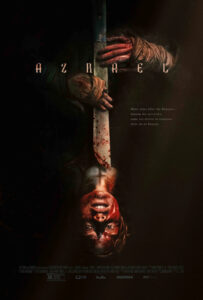One of favorite SF horror films and my favorite Hammer production is Quatermass and the Pit (1967), released in the U.S. as Five Million Years to Earth because American audiences were not familiar with screenwriter Nigel Kneale recurring scientist character Bernard Quatermass.
Quatermass, (Andrew Keir) leader of the British civilian rochet research group is put out when the Ministry of Defense assigns a Colonel Breen (Julian Glover) to his project as they hope top establish ballistic missile bases on the moon. However before to properly lock horn over that the pair become involved with a strange missile-like device found deep underground while a subway extension is being constructed. While Breen believes it to be an unknown ‘V-Weapon’ from the second world war Quatermass recognizes that is not of the earth. Before long secrets of human evolution are uncovered and a new threat to humanity’s existed rises.
As I mentioned this is a favorite of mine and I own an import UK Blu-Ray disc of the feature as for the longest time no such Blu-ray had been released in this country. However, I had never seen the film on the big screen.
Until yesterday.
The New Beverly Cinema, owned by filmmaker and cinephile Quintin Tarantino, exhibited a copy project from a technicolor print and that was not something I was going to miss. So, I drove 3 hours there and 2.5 hours back to watch this beloved film the way it had been intended to be seen.
I was not disappointed.
From a show of hands before the screening I would guess about a third of those attending had never seen the film at all. It was well received. Oh, there were a few giggles when some of the effects showed their age but in general the audience sat rapt, silent, and engrossed in Kneale’s vivid screenplay bursting with fantastic ideas.
One scene displayed Kneale’s gift of prophesy. Quatermass asks an archeologist what he thinks humanity would do if it discovered, perhaps due to some climate catastrophe that the Earth was doomed? Roney answers, “Nothing. We’d just continue squabbling.” Ironic laughter filled the theater after that bit of foresight.
The screening was paired with John Carpenter’s Prince of Darkness another film I thoroughly enjoyed, but having seen that on its original run and despairing at the thought of not getting home until past 2 am, I bailed on the second feature.
Quatermass and the Pit remains a wonderful bit of cinema and well worth 5 hours behind the wheel of my car to see in its original technicolor glory.
